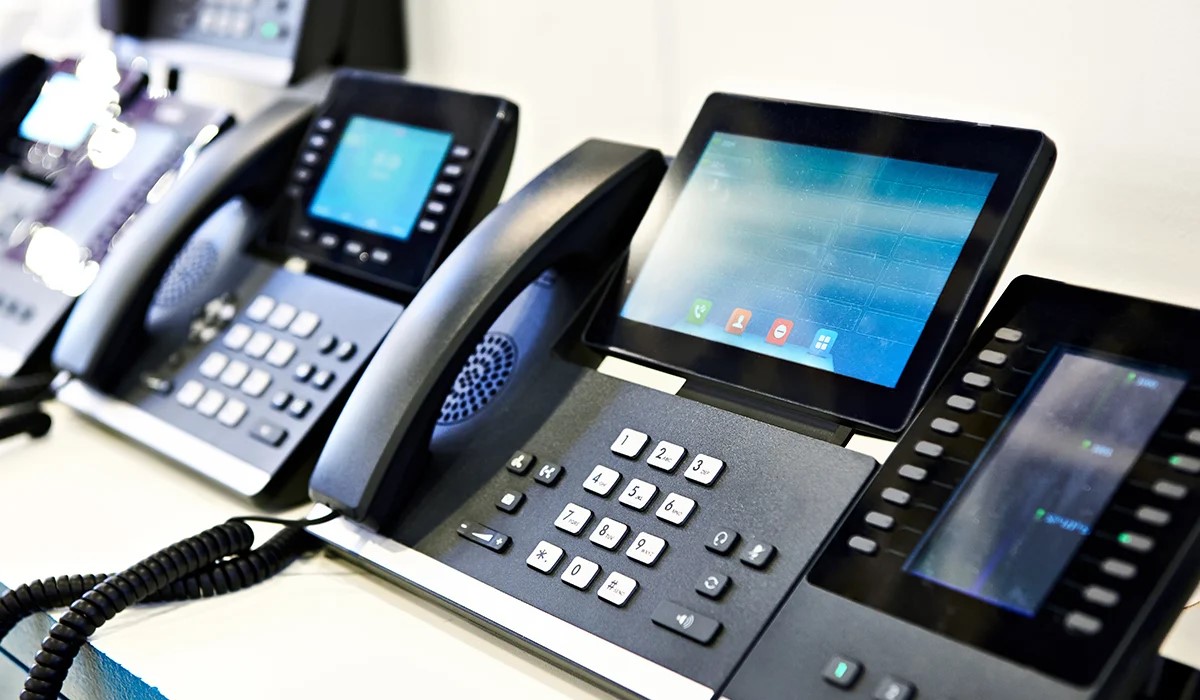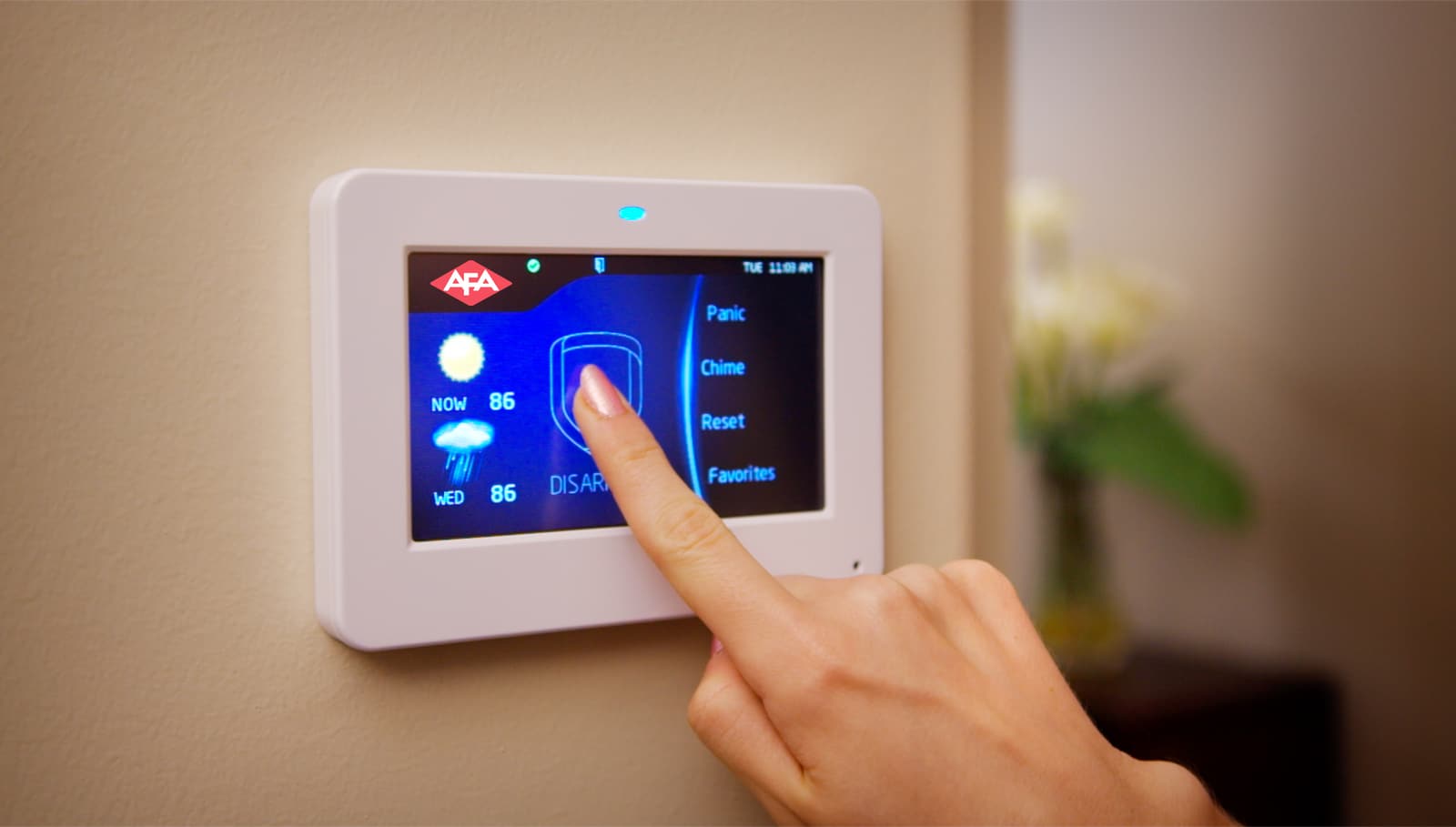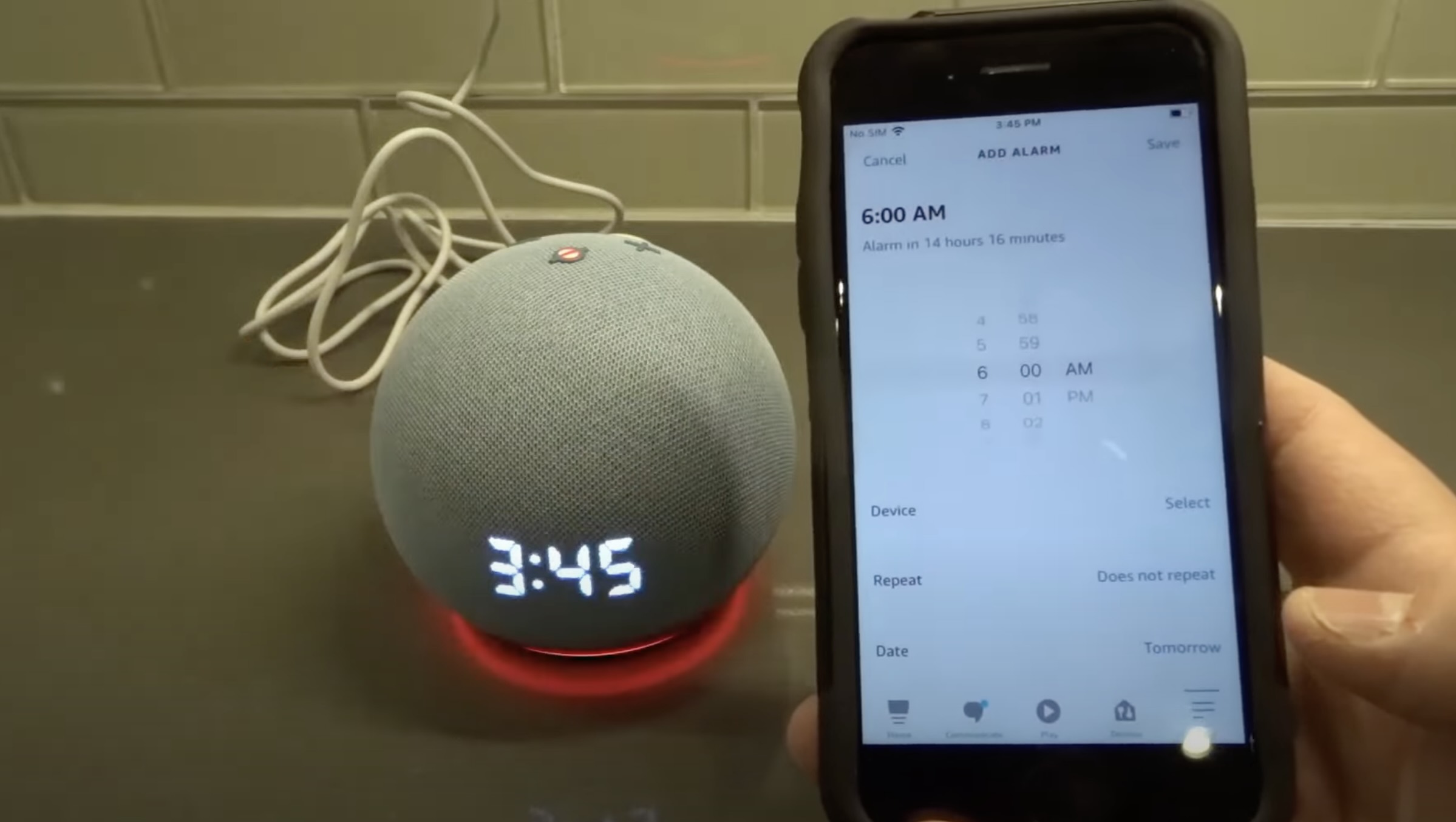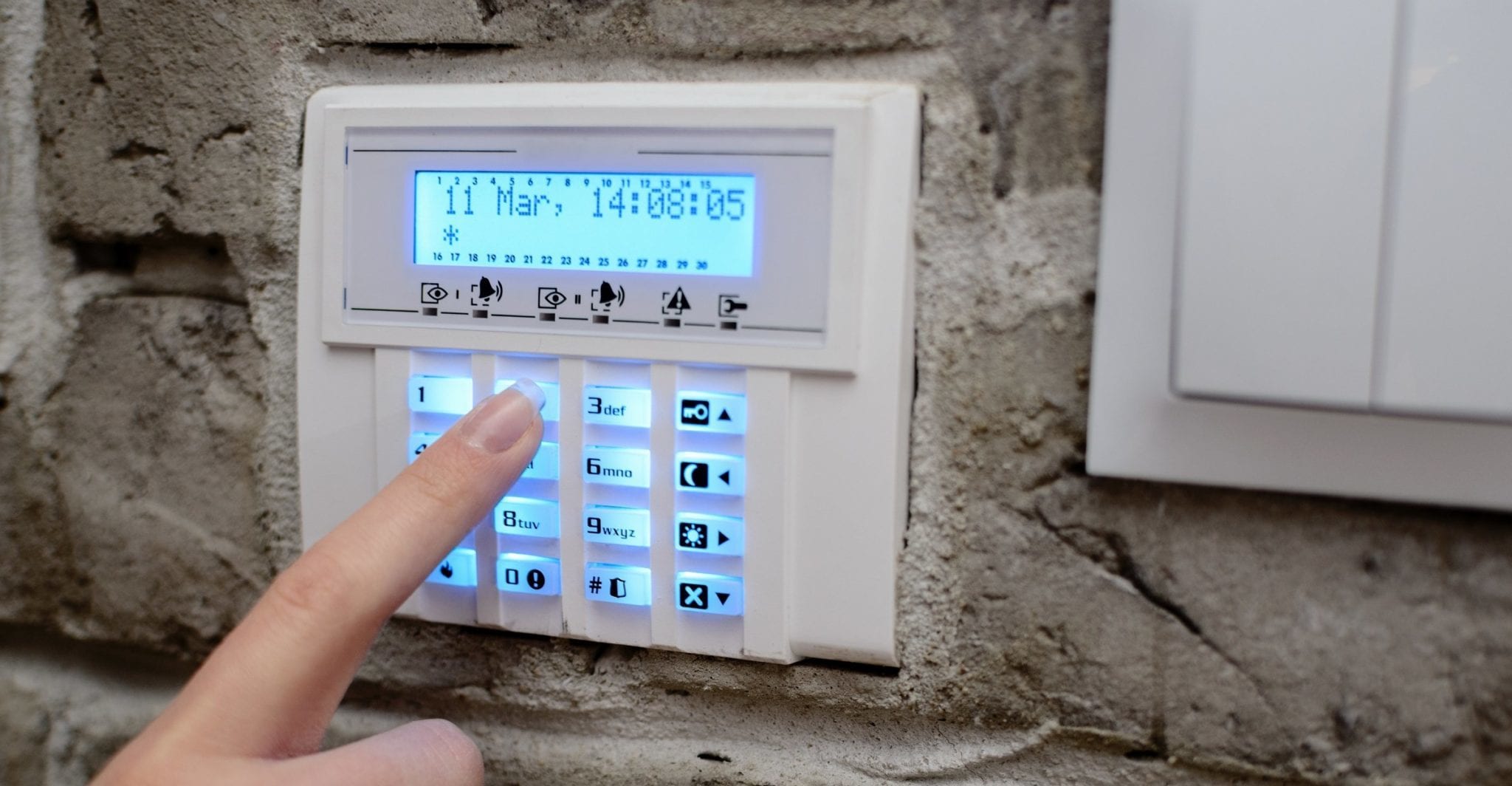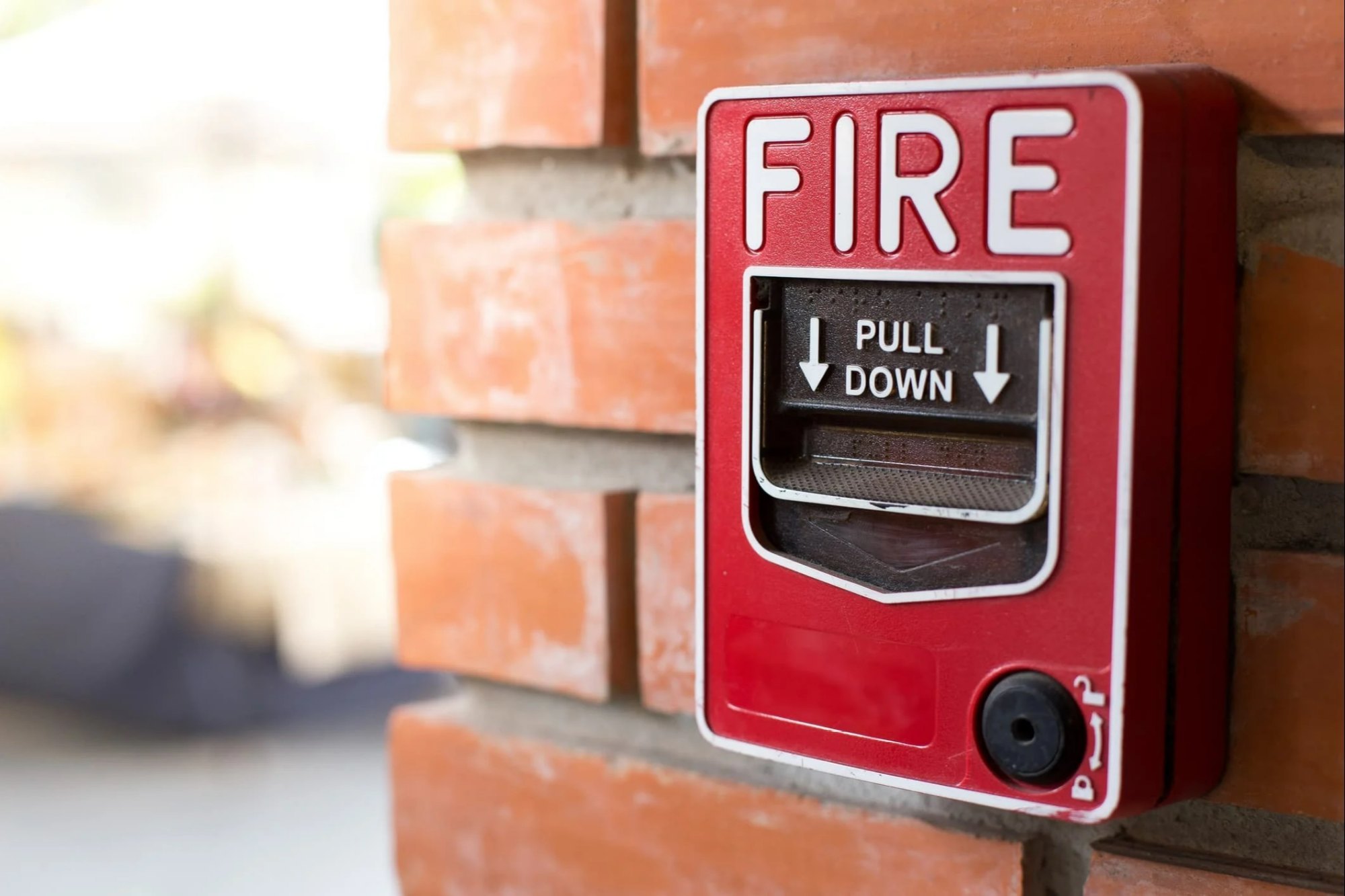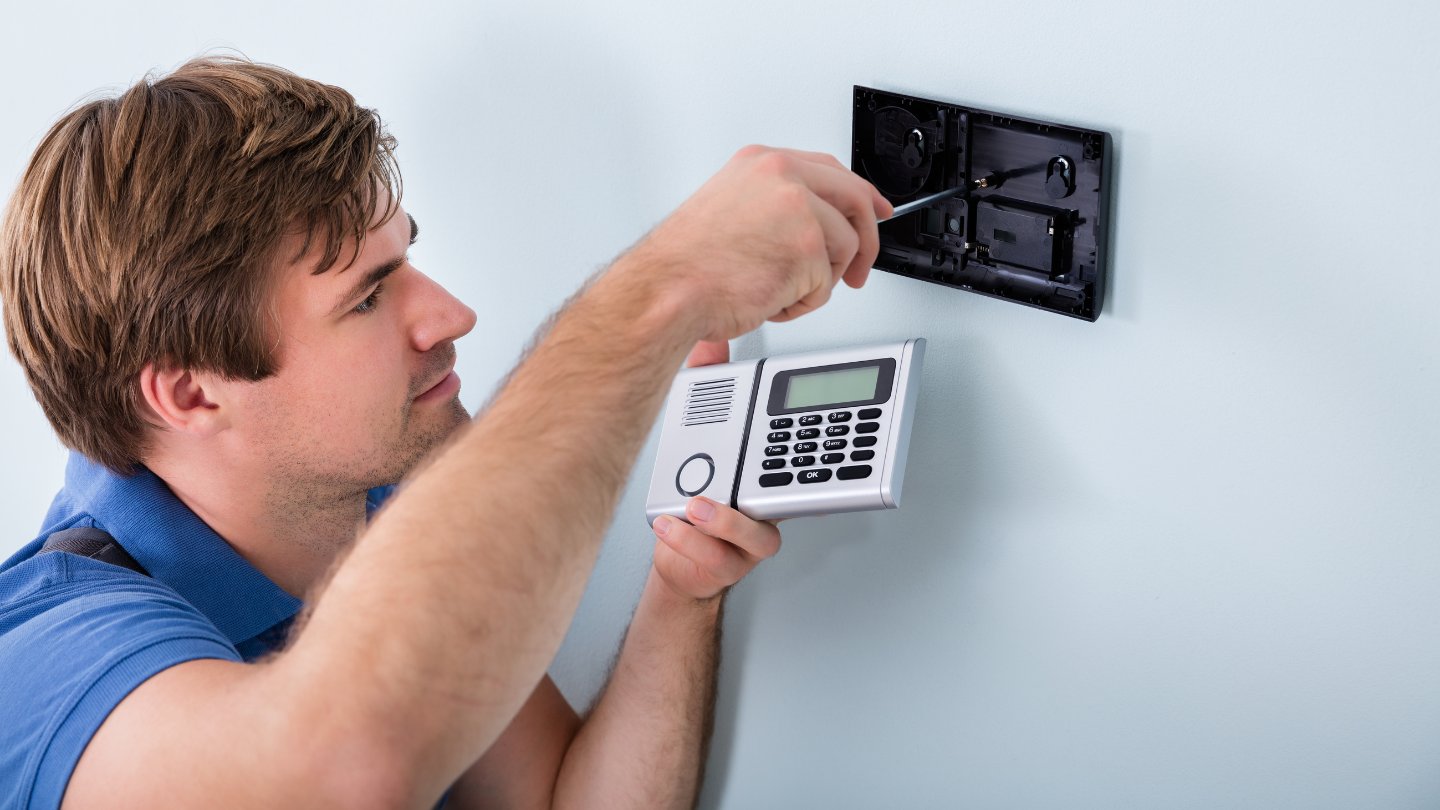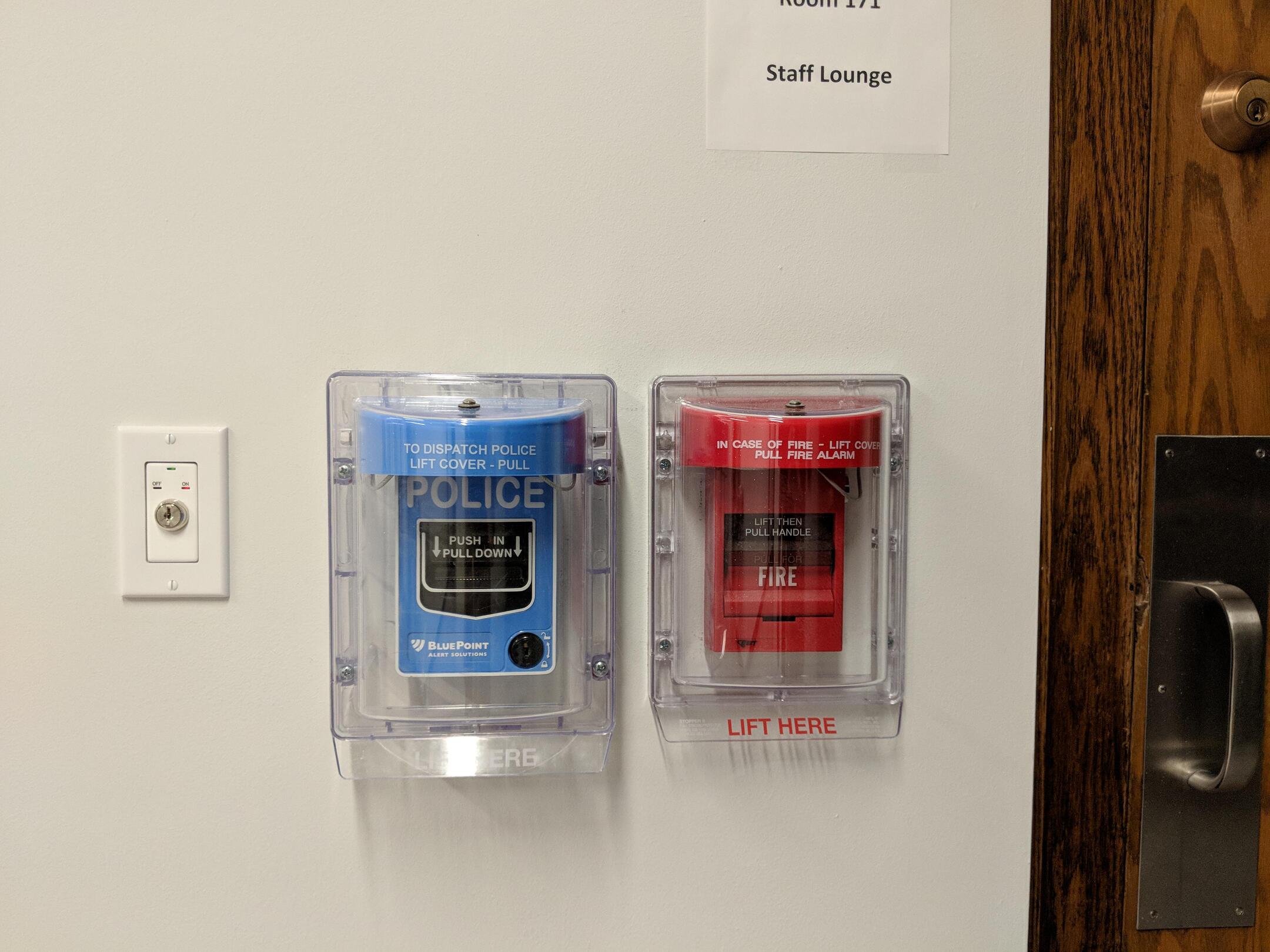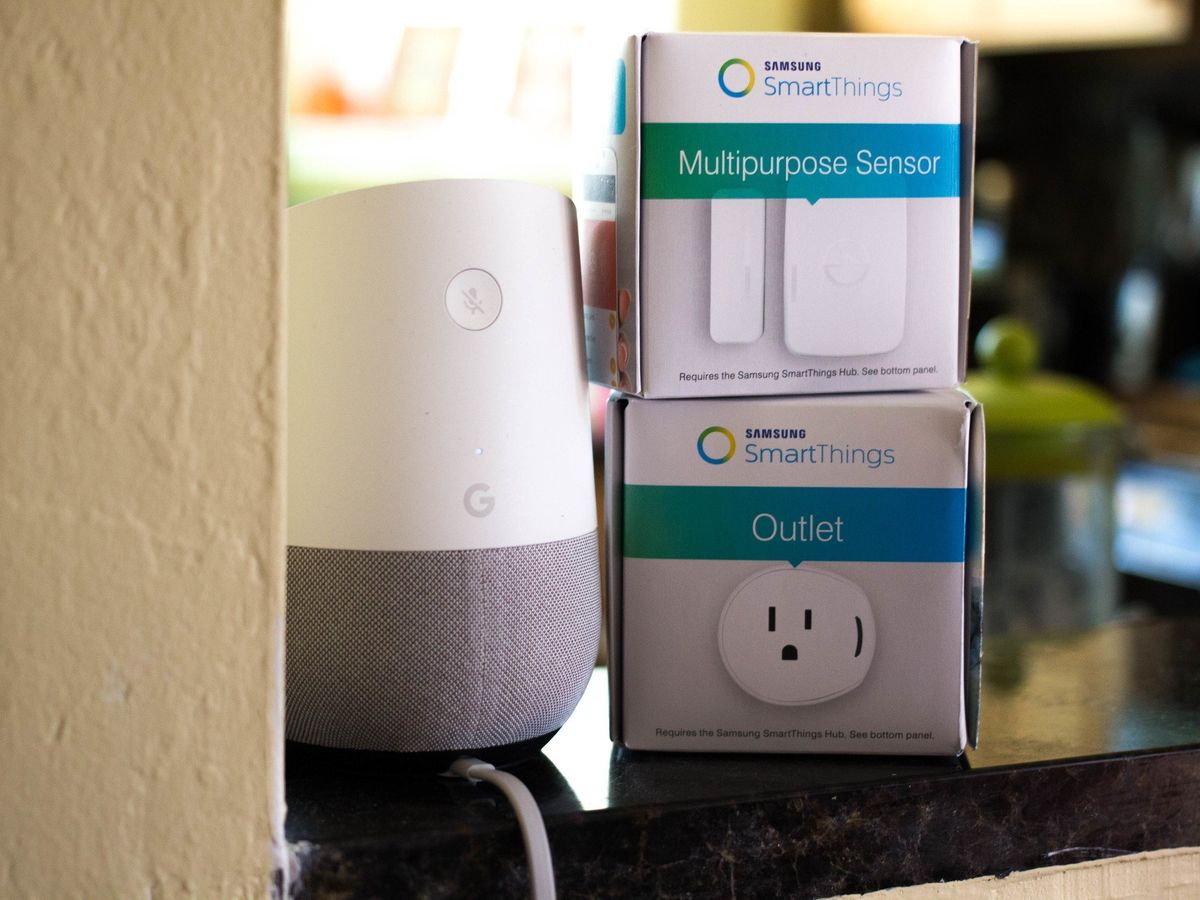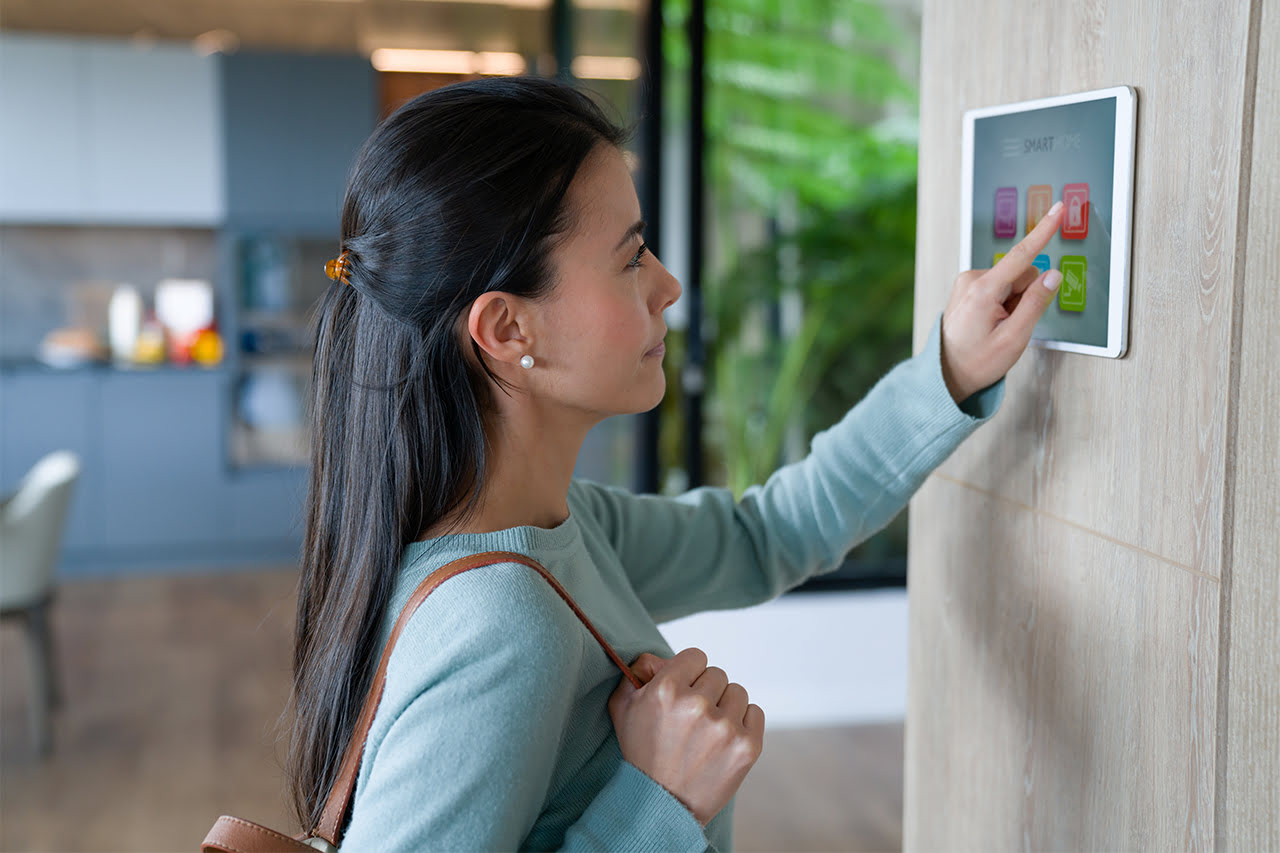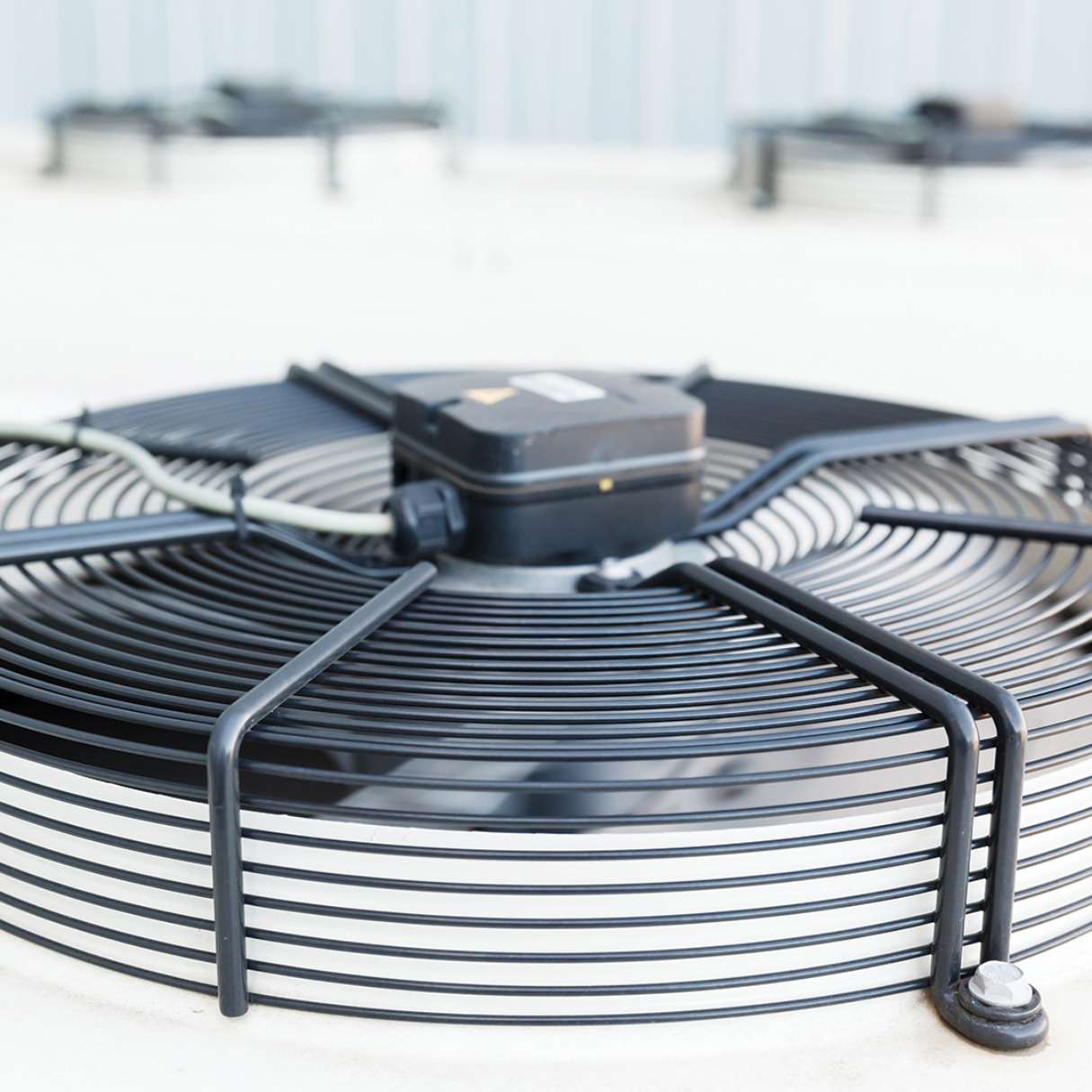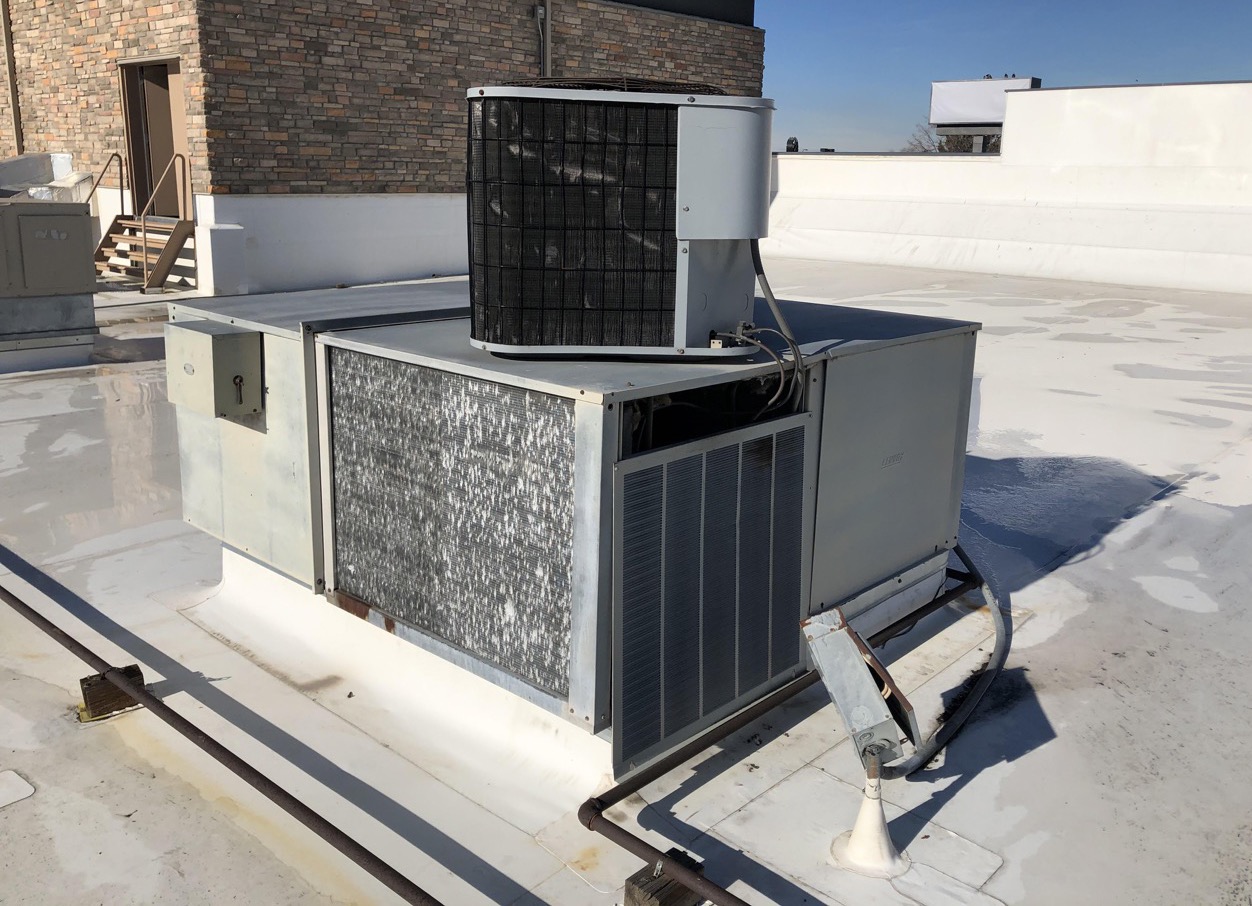Home>Home Security and Surveillance>What Alarm Systems Work With SmartThings
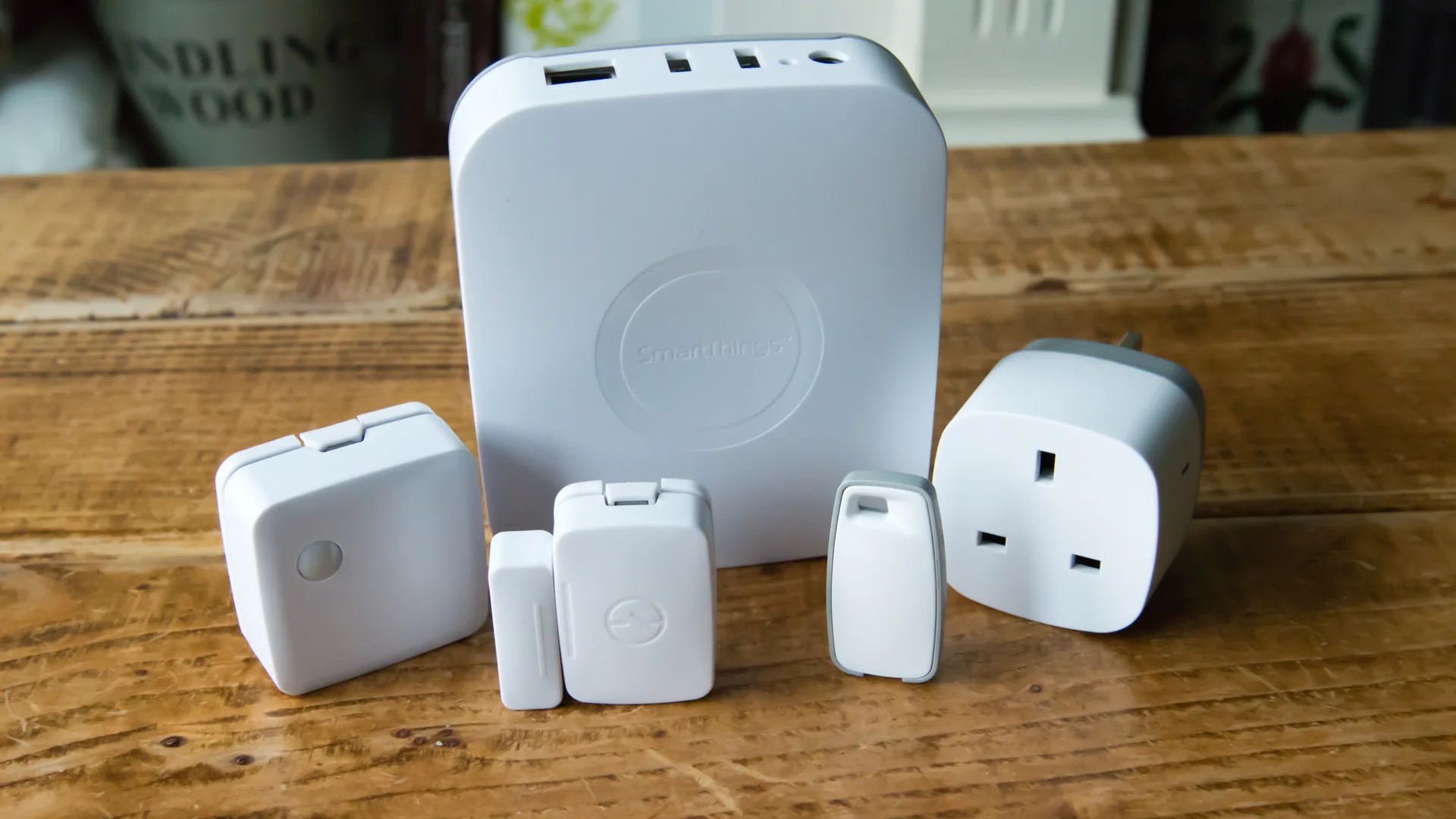

Home Security and Surveillance
What Alarm Systems Work With SmartThings
Modified: March 6, 2024
Discover which alarm systems are compatible with Smart Things and enhance your home security and surveillance.
(Many of the links in this article redirect to a specific reviewed product. Your purchase of these products through affiliate links helps to generate commission for Storables.com, at no extra cost. Learn more)
Introduction
Welcome to the world of smart home security! In today’s digital age, home security and surveillance systems have evolved to incorporate the latest advancements in technology. One such progression is the integration of alarm systems with Smart Things, a popular smart home automation platform.
Smart Things brings together various devices in your home, connecting them to a centralized hub that you can control using your smartphone or voice commands. This opens up a world of possibilities when it comes to managing your home security. By integrating an alarm system with Smart Things, you can enjoy enhanced convenience, control, and peace of mind.
In this article, we will explore the different types of alarm systems and delve into their compatibility with Smart Things. Whether you’re a tech-savvy homeowner looking to upgrade your security setup or a beginner seeking guidance, this article is here to help you make an informed decision.
Key Takeaways:
- Integrating your alarm system with Smart Things allows you to control and monitor your home security remotely, receive real-time notifications, and create custom automation routines for added convenience and peace of mind.
- Popular alarm systems like Ring Alarm, Abode, SimpliSafe, ADT Pulse, and Honeywell Vista work well with Smart Things, offering a range of features from DIY wireless setups to professionally monitored systems.
Read more: What Alarm Systems Work With Nest
Understanding Smart Things
Smart Things is a versatile smart home automation platform developed by Samsung. It serves as the central hub that connects and controls various devices in your home, ranging from lights and thermostats to security cameras and alarm systems. With Smart Things, you can monitor and manage these devices seamlessly from a single app on your smartphone or using voice commands.
One of the key advantages of Smart Things is its compatibility with a wide range of smart devices from different manufacturers. This means you have the flexibility to choose and customize your home security setup according to your needs and preferences. Additionally, Smart Things supports popular voice assistants like Amazon Alexa and Google Assistant, allowing you to control your devices with simple voice commands.
Smart Things operates using a combination of Wi-Fi, Bluetooth, and Z-Wave/Zigbee wireless protocols. It uses Wi-Fi for connecting to your home network and accessing the internet, while Bluetooth is used for direct communication between your smartphone or other Bluetooth-enabled devices and the Smart Things hub. Z-Wave and Zigbee are low-power wireless protocols used for connecting and controlling a wide range of smart devices, including alarm systems.
With Smart Things, you can create customized automation routines, schedules, and triggers to enhance your home security. For example, you can set up a routine that automatically locks all doors, arms the alarm system, and turns on the outdoor security lights when you leave home. Alternatively, you can schedule your indoor lights to turn on and off randomly while you’re away, giving the impression that someone is home.
Overall, Smart Things offers a user-friendly and intuitive interface that allows you to manage your smart home devices and enhance your home security effortlessly. Now that we have a grasp on what Smart Things is, let’s explore the different types of alarm systems that are compatible with this platform.
Types of Alarm Systems
When it comes to home security, alarm systems are an essential component. They help deter intruders, alert homeowners to potential threats, and provide peace of mind. There are several types of alarm systems available in the market, each with its own set of features and advantages. Let’s take a closer look at some of the most commonly used alarm systems:
- Wireless Alarm Systems: Wireless alarm systems are popular among homeowners due to their ease of installation and flexibility. As the name suggests, these systems do not require any hard-wiring and operate using wireless signals. They typically consist of sensors, a control panel, and a security keypad. Wireless alarm systems can be easily integrated with Smart Things, allowing you to monitor and control your system remotely.
- Hardwired Alarm Systems: Hardwired alarm systems, on the other hand, require physical wiring for installation. These systems are typically more reliable and less prone to interference compared to their wireless counterparts. However, the installation process can be more complex and may require professional assistance. Hardwired alarm systems can also be integrated with Smart Things through compatible modules and devices.
- Hybrid Alarm Systems: Hybrid alarm systems combine the best of both worlds by incorporating both wired and wireless components. This allows for greater flexibility and customization during installation. Hybrid systems are compatible with Smart Things and can be easily controlled through the Smart Things app.
- Self-Monitored Alarm Systems: Self-monitored alarm systems rely on homeowners to monitor and respond to alerts themselves. These systems typically send notifications to your smartphone or email when triggered, allowing you to take appropriate action. Smart Things can integrate with self-monitored alarm systems, providing you with a centralized platform to manage and monitor your system remotely.
- Professionally Monitored Alarm Systems: Professionally monitored alarm systems are monitored by a security company that responds to alarms and dispatches the appropriate authorities if necessary. These systems offer 24/7 monitoring and provide an added layer of security. Many professionally monitored alarm systems offer integration with Smart Things, allowing you to control and monitor your system through the Smart Things app.
Each type of alarm system has its own set of advantages and considerations. It’s important to evaluate your specific needs, budget, and preferences before choosing the best alarm system for your home. Now, let’s explore how these alarm systems can be integrated with Smart Things.
When looking for alarm systems that work with SmartThings, make sure to choose ones that are compatible with Z-Wave or Zigbee protocols, as these are the communication protocols used by SmartThings. Always check the product specifications before making a purchase.
Compatibility with Smart Things
Smart Things is designed to be compatible with a wide range of smart devices, including alarm systems. However, not all alarm systems on the market are compatible with Smart Things right out of the box. Compatibility depends on several factors, such as the communication protocol used by the alarm system and whether there are specific integration options available.
Smart Things primarily supports alarm systems that utilize the Z-Wave and Zigbee wireless protocols. These protocols allow for seamless communication between the alarm system and the Smart Things hub. If your alarm system is Z-Wave or Zigbee compatible, you can typically integrate it with Smart Things by adding it as a device within the Smart Things app.
For alarm systems that do not have built-in compatibility with Smart Things, there are often workarounds available. One option is to use a bridge or hub device that acts as a middleman between the alarm system and Smart Things. These devices can translate signals from the alarm system into a format that Smart Things can understand, enabling integration.
Another option is to look for alarm systems that offer direct integration options with Smart Things. Some manufacturers provide software plugins or specific modules that allow for seamless integration with Smart Things. These integrations typically offer additional features and functionality beyond basic control and monitoring.
When considering an alarm system for compatibility with Smart Things, it’s important to do your research and ensure that the specific model or brand you are interested in is supported. You can check the Smart Things website or consult with the alarm system manufacturer to confirm compatibility.
Once the alarm system is integrated with Smart Things, you can take advantage of various features and benefits. You can monitor and control your alarm system remotely through the Smart Things app, receive real-time notifications on your smartphone, and even incorporate it into custom automation routines.
It’s worth noting that while Smart Things offers compatibility with a wide range of alarm systems, there may still be some limitations or compatibility issues to consider. It’s always recommended to thoroughly test the integration and reach out to customer support if you encounter any difficulties or need further assistance.
Now that we have a better understanding of the compatibility aspect, let’s explore some alarm systems that are known to work well with Smart Things.
Alarm Systems That Work with Smart Things
Smart Things is compatible with a variety of alarm systems, allowing you to integrate your security setup seamlessly. Here are a few alarm systems that have been well-received by Smart Things users:
- Ring Alarm: Ring Alarm is a popular DIY alarm system that offers wireless connectivity and easy installation. It is compatible with Smart Things, allowing you to control and monitor your Ring Alarm system through the Smart Things app. Integration with Smart Things enables you to incorporate Ring Alarm into your existing smart home routines and automation.
- Abode: Abode is another highly regarded alarm system that integrates well with Smart Things. This versatile system offers both self-monitoring and professional monitoring options and supports Z-Wave and Zigbee protocols. Abode allows you to control and monitor your alarm system through the Smart Things app, along with other compatible smart devices.
- SimpliSafe: SimpliSafe is a popular alarm system known for its easy installation and professional monitoring options. While SimpliSafe does not have direct integration with Smart Things, users have reported success in integrating it using third-party devices such as the “Konnected” module. This workaround enables SimpliSafe to communicate with Smart Things and be incorporated into your smart home ecosystem.
- ADT Pulse: ADT Pulse is a professionally monitored alarm system that offers various security features. ADT Pulse can be integrated with Smart Things using the “ADT Pulse (Connect)” plugin, allowing you to control and monitor your alarm system through the Smart Things app. This integration offers enhanced convenience and centralized control over your home security.
- Honeywell Vista: Honeywell Vista is a hardwired alarm system commonly used in residential and commercial settings. While Honeywell Vista doesn’t have native integration with Smart Things, you can use a bridge device like the “Envisalink EVL-4” to connect it with Smart Things. This integration allows you to monitor and control your Honeywell Vista system through the Smart Things app.
These are just a few examples of alarm systems that work well with Smart Things. It’s important to note that compatibility can vary depending on the specific model and versions of both the alarm system and Smart Things. Before making a purchase, be sure to check the official documentation or consult with the manufacturers to ensure compatibility with Smart Things.
Whether you choose one of the alarm systems mentioned above or opt for a different brand, integrating your alarm system with Smart Things can significantly enhance your home security setup. It provides you with centralized control, real-time notifications, and the ability to create customized automation routines for added convenience.
Before concluding, let’s summarize what we’ve covered so far.
Conclusion
In conclusion, integrating an alarm system with Smart Things can greatly enhance your home security and provide you with peace of mind. Smart Things acts as a centralized hub that allows you to control and monitor various smart devices, including alarm systems, from a single app or through voice commands. By integrating your alarm system with Smart Things, you gain the convenience and flexibility of managing your home security remotely and incorporating it into your smart home ecosystem.
When considering an alarm system for compatibility with Smart Things, it’s important to determine the communication protocol used by the alarm system and whether there are specific integration options available. Smart Things primarily supports alarm systems that utilize Z-Wave and Zigbee protocols, but there are also workaround options available for other systems.
Several popular alarm systems, such as Ring Alarm, Abode, SimpliSafe, ADT Pulse, and Honeywell Vista, have been reported to work well with Smart Things. These systems offer a range of features and options, from DIY wireless setups to professionally monitored systems.
While the integration of an alarm system with Smart Things provides numerous benefits, it’s crucial to thoroughly research the compatibility and functionality of your chosen system. Be sure to check the official documentation or consult with the manufacturers to confirm compatibility with Smart Things and any additional equipment or plugins that may be required.
Integrating your alarm system with Smart Things allows you to monitor and control your security system remotely, receive real-time notifications, and incorporate it into custom automation routines. This seamless integration offers a user-friendly interface and enhanced convenience for managing your home security.
Remember, a well-integrated alarm system with Smart Things is just one piece of the home security puzzle. It’s important to consider other factors like door and window sensors, security cameras, and efficient access control measures to create a comprehensive and robust security setup for your home.
So, whether you are looking for a DIY wireless system or a professionally monitored setup, exploring the compatibility and integration options with Smart Things can help you find the perfect alarm system to meet your specific needs and enhance your home security. Stay safe, secure, and enjoy the convenience and control that Smart Things brings to your connected home.
Frequently Asked Questions about What Alarm Systems Work With SmartThings
Was this page helpful?
At Storables.com, we guarantee accurate and reliable information. Our content, validated by Expert Board Contributors, is crafted following stringent Editorial Policies. We're committed to providing you with well-researched, expert-backed insights for all your informational needs.
